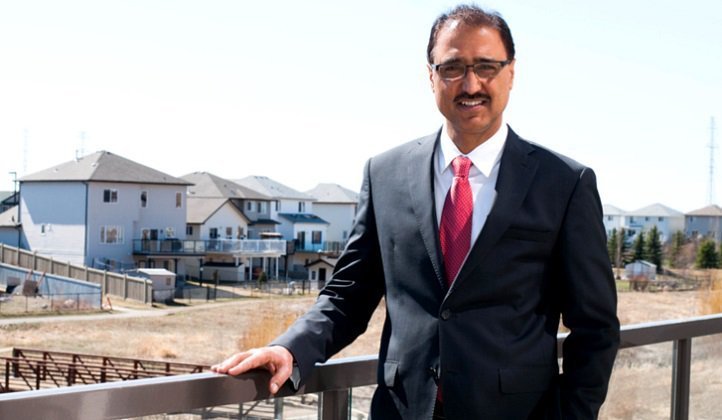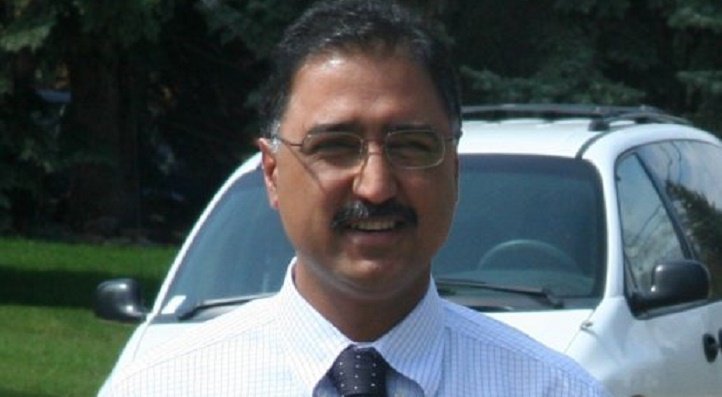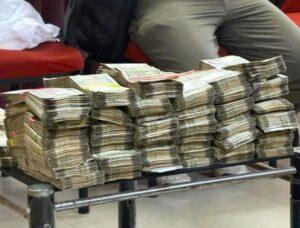First-time MP Amarjeet Sohi on Wednesday was sworn in as Canada’s new infrastructure minister, but do you know that he was once branded a terrorist in Bihar and spent 21 months in jail?
Sohi had gone to Canada in 1981 as a 17-year-old who was sponsored by his elder brother for further studies and in 1988 returned to India to work with a Punjabi playwright, says a detailed report published in the Edmonton Journal in February.
He then travelled to Bihar with activists who were advocating land reform in the state. Sohi went to a village to help organise a protest, but the night before it, he was arrested.

Source: Facebook
An official letter from the All-India Federation of Organisations for Democratic Rights to the Bihar governor said that Sohi was arrested on the night of November 13 from the village of Azadbhiga and the police allegedly presented a trumped up case against him.
The police claimed that they had arrested a Khalistani terrorist and claimed it established the link that existed between the militants from Punjab and the Naxals in Bihar. Then came a week of torture in which Sohi says he was beaten, deprived of sleep and told his family would be killed.
He was saved from custodial interrogation when the then Jehanabad District Magistrate met him in the police lock-up and believed his story. Only then was he presented before a court. But despite no charges being pressed, Sohi wasn’t released and instead was sent to a prison in Gaya, where he was apparently kept in solitary confinement.
“It was a small room with a very high ceiling and a little window at the very, very top. That’s all,” he told the Edmonton Journal.

Source: Facebook
The first time he met anyone from his family was four months later when his father and brother were finally allowed to meet him in prison.
His relatives appealed to Canadian authorities and despite getting a clean chit saying that he wasn’t associated with the Khalistani movement, Indian police officials reportedly refused to let him go and instead levelled fresh allegations against him.
Sohi said that it was finally only when the government changed that the prosecution admitted that it didn’t have a case against him. And in 1990, he finally emerged from jail.
After a brief trip to Bihar to thank those who helped him, Sohi then returned to Canada where he says it took him a couple of years to get things together. But he admitted he hadn’t “figured out yet, how to forget those memories”.

















